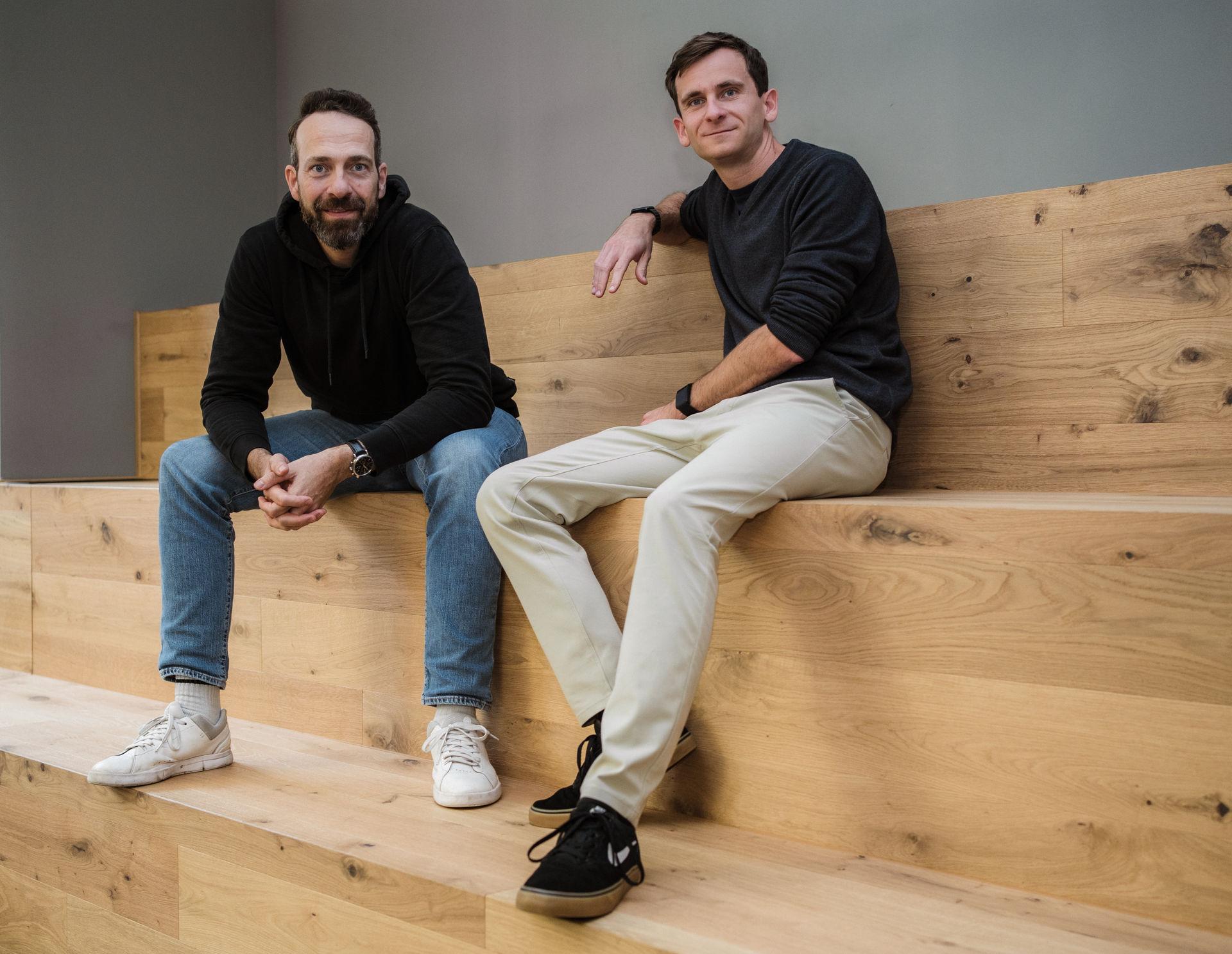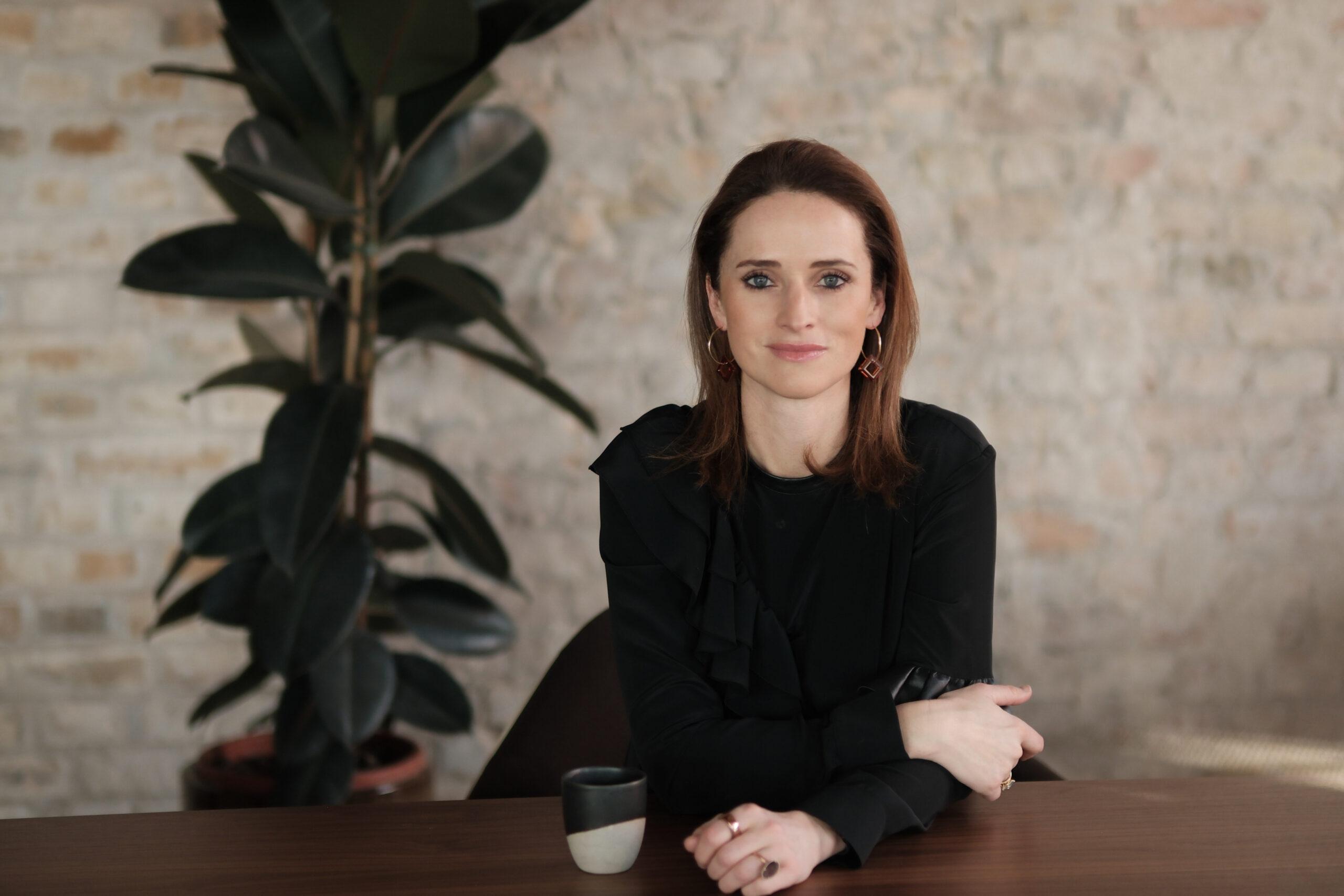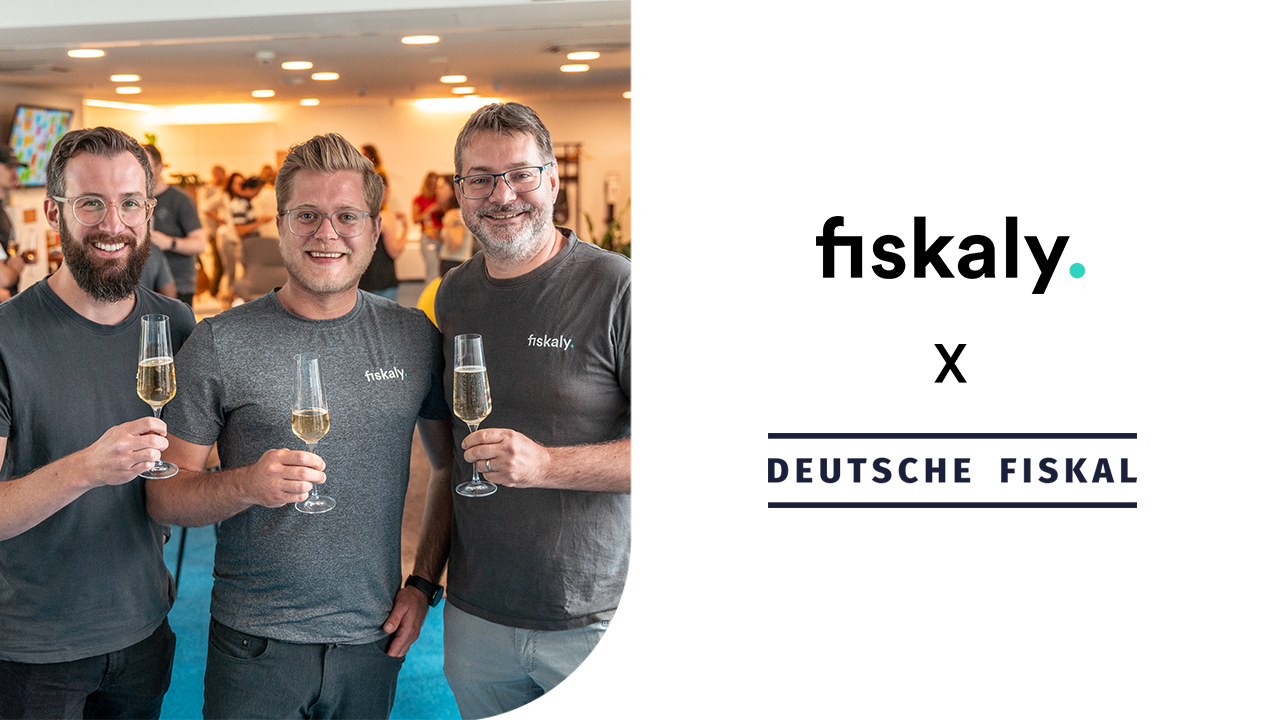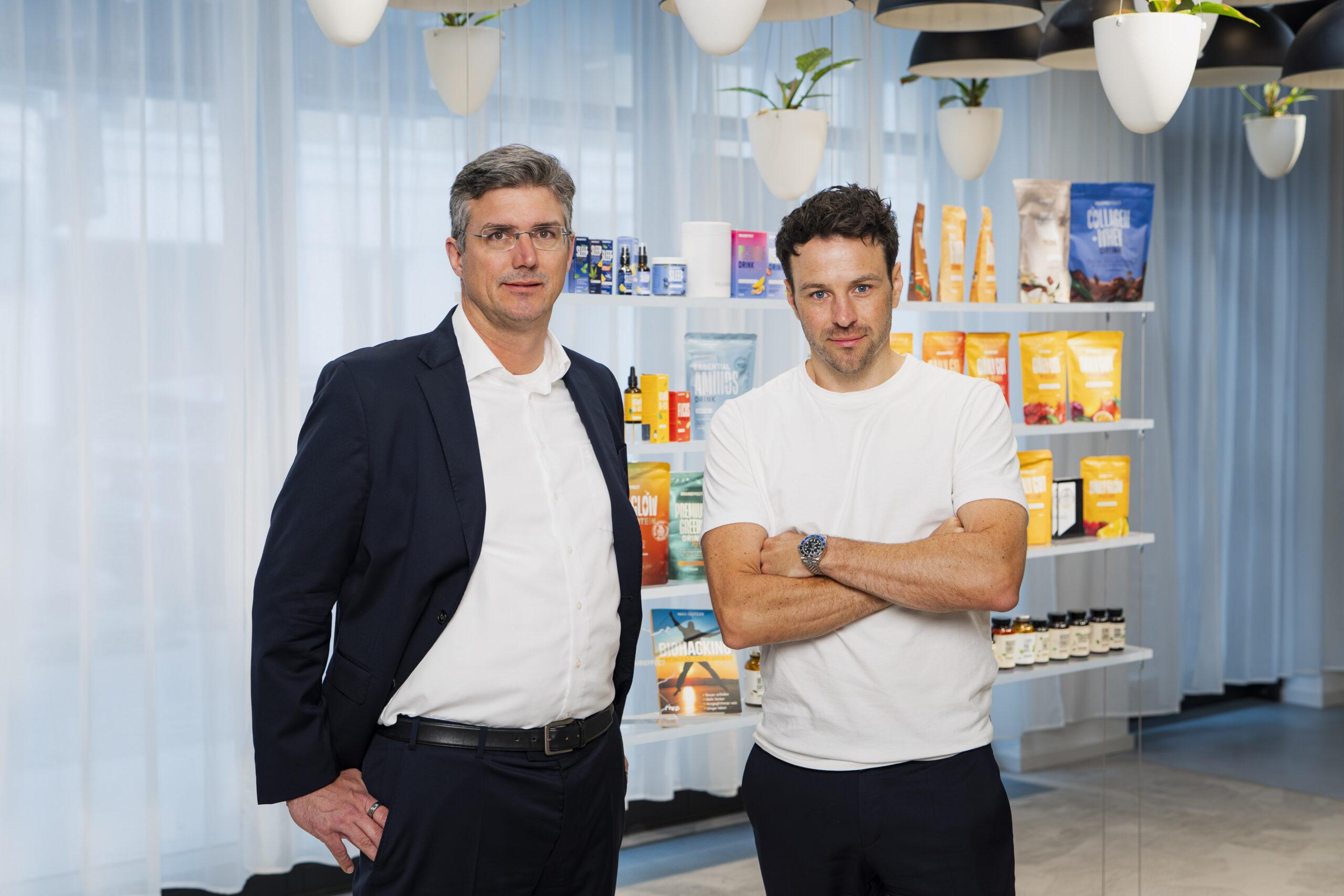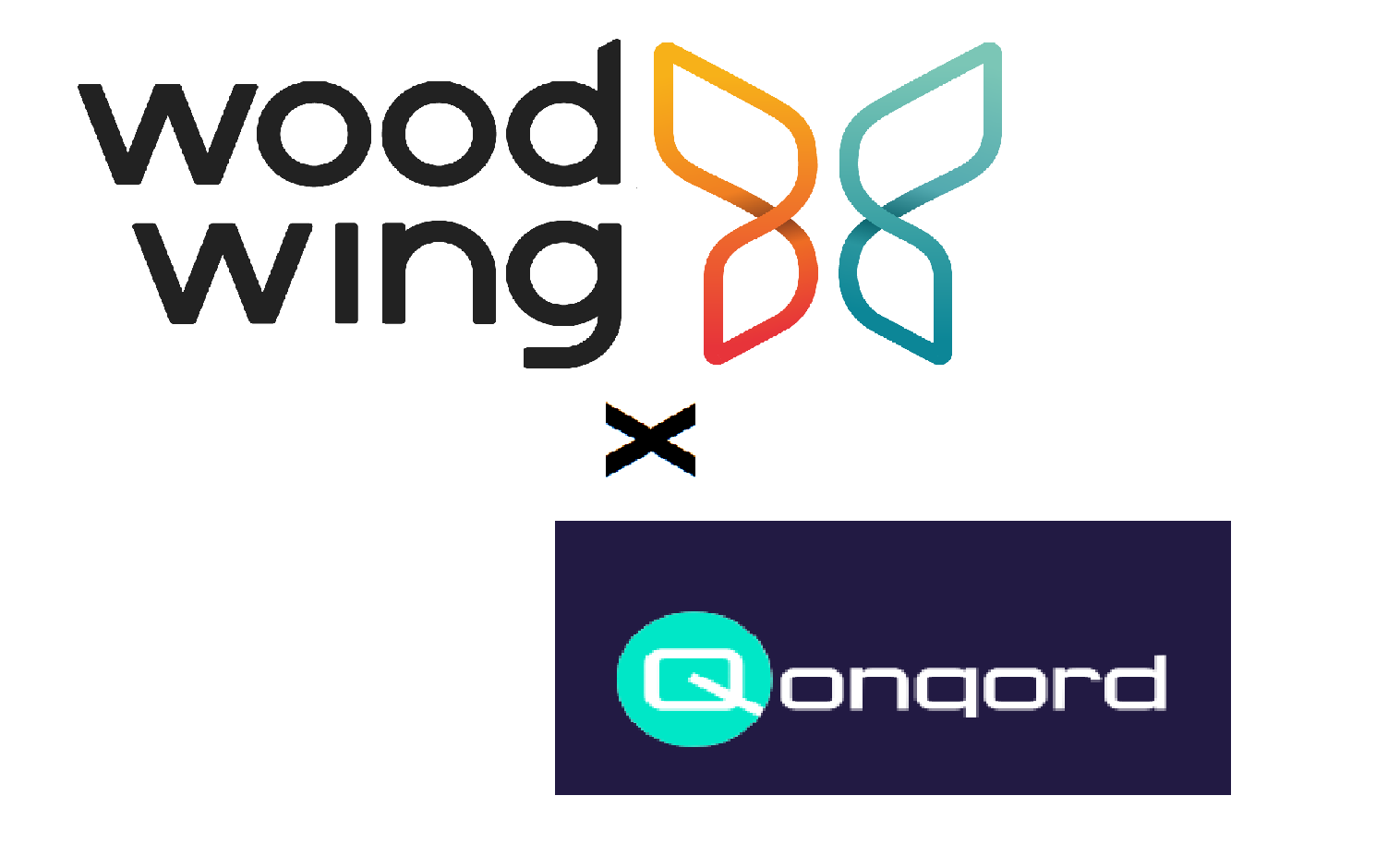"We need a PSD2 directive for insurance companies"

Anna-Carina Häusler, Managing Director of Apinity, talks about the takeover by Munich Re and the question of why the insurance industry is struggling with digitalization.
The idea sounds simple: a marketplace where insurance companies can buy programming interfaces to drive forward the long overdue digitalization of their industry. Despite this, Apinity's offering is still a success and it sees itself as a start-up aid for modernization. Now Munich Re, Germany's largest reinsurer, is taking over the start-up, which was previously majority-owned by Allianz. Managing Director Anna-Carina Häusler explains in an interview why the deal had to happen, why insurers need external help and where her company is heading.
Ms Häusler, you have just negotiated Apinity's switch from Allianz to Munich Re, and the deal was officially closed on Tuesday. How exhausting is it as a start-up founder to negotiate with these two insurance giants?
The last two weeks have been tough, at times I wished there were 48 hours in a day. But now it's done and of course we're delighted.
You emerged from the Allianz incubator Syncier, so you actually had a major strategic investor on board. Why are you now part of Munich Re?
That was a decision that resulted from our discussions with clients. We operate a marketplace through which providers can sell their application programming interfaces (APIs) to insurers. We had a lot of good pitches to insurance companies with this concept, but at some point they usually said: "That's great, but unfortunately you're with Allianz." Allianz never interfered much with us, but the other primary insurers had inhibitions. Inhibitions that they would not have with a reinsurer like Munich Re. That's why we tried to go our own way.
Allianz could just as easily have shut us down.
Anna-Carina Häusler
And Allianz went along with that? After all, you lose a start-up from your own ecosystem, and then to another insurance company.
We shared what we heard in the pitches very transparently and explained why it wasn't lucrative for Allianz in the long term. I was pleasantly surprised at how quickly we were listened to. Of course, it wasn't done in one conversation. But the fact that they agreed in the end shows us that Allianz saw the value in our approach. Allianz could have simply scrapped us.
Their approach is to provide companies with the products of external service providers and to take over the entire process, including the contract with the provider and technical integration. The latter in particular must be difficult in a rather sluggish industry like the insurance world, right?
As a rule, insurers are not yet that digital. Which is fascinating, because they are actually dependent on technology, for example for data analysis. But things are shifting. Companies are investing more. They are now also more willing to buy in products externally instead of developing everything themselves. Of course, these are trends that play into our hands.
Can any ambitious developer simply upload an API to you, just like in the App Store?
No, we take great care to ensure that our providers reach a certain level of maturity. That's a bit of a blessing and a curse when you come from a large company. We have adopted the due diligence processes of Allianz. Of course, they are a little more time-consuming. On the other hand, we know the users inside out.
We have adopted Allianz's due diligence processes, which is both a blessing and a curse.
Anna-Carina Häusler
Who is there?
So far, it's mainly insurtechs, such as IDNow, who are in our marketplace. Their identity check is useful for every insurance company, because at some point they have to check whether every customer's ID is genuine. Regardless of the channel through which the insurance is sold. In the long term, we would also like to attract more traditional software providers to our marketplace. My wish would be for us to eventually be the place where insurers buy all their services, regardless of the process step.
What would help make this wish a reality in the near future?
What would be a huge boost for us, of course, would be a kind of PSD2 directive...
... The directive that obliges banks in the EU to share their customer data with third-party providers, among other things...
...exactly, such a directive for the insurance world would suddenly create the possibility for many new APIs. But I would advise insurers - not entirely altruistically, of course - to start looking for external help today anyway. There are many great products that can be used immediately. In any case, it's better than developing them yourself. At first glance, this may look like a cost saving, but as a rule, it's a fool's errand.
Your business model is not actually insurance-specific; an API marketplace like this should also work in other sectors. Wouldn't other sectors also be lucrative?
Of course it would be attractive. I believe that a tech product can only develop further if it continues to penetrate new sectors. We currently have plenty of plans in the insurance sector.
Thank you very much for the interview.
Personal details: Anna-Carina Häusler is Managing Director of Apinity. She was previously Director of Marketplace at Syncier (Allianz), from which the company emerged in September 2022. Before her time there, she had already built up an API marketplace for banks at the defunct payment service provider Wirecard. She then spent some time working for the digital consultancy Adex Partners. Häusler studied Business Management and Sales at Heilbronn University.

Newsletter
Startups, stories and stats from the German startup ecosystem straight to your inbox. Subscribe with 2 clicks. Noice.
LinkedIn ConnectFYI: English edition available
Hello my friend, have you been stranded on the German edition of Startbase? At least your browser tells us, that you do not speak German - so maybe you would like to switch to the English edition instead?
FYI: Deutsche Edition verfügbar
Hallo mein Freund, du befindest dich auf der Englischen Edition der Startbase und laut deinem Browser sprichst du eigentlich auch Deutsch. Magst du die Sprache wechseln?





